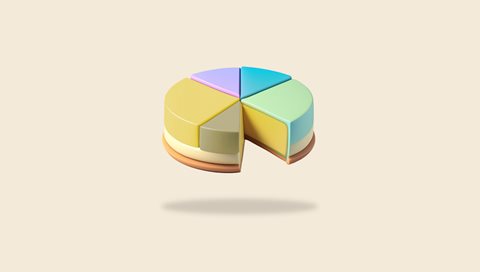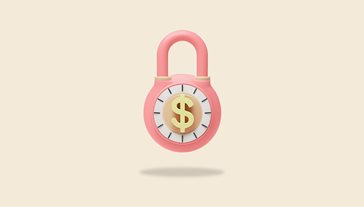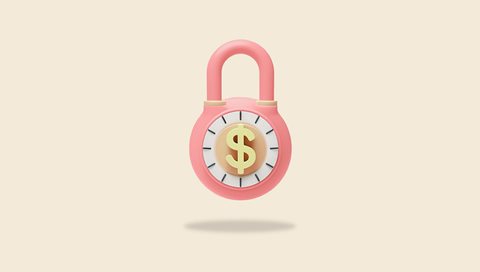Shares aren’t as scary as you might think. They represent ownership of real companies and owning shares in your super may help you have a more comfortable retirement.
How do shares work?
Imagine you want to open a coffee shop, but you only have $3,000 and you need $10,000. So, you raise $7,000 money from your friends in exchange for issuing them a 70% stake in your business. Then you have the $10,000 you need to buy the coffee machine, coffee beans and other equipment.
In return for their investment, your friends own a stake in your business that is equal to the amount they invested. All of your friends together would own 70% of the total business. When the value of the business grows, so does the value of the stake your friends hold. For example, if the coffee shop is doing really well and its overall value doubles to $20,000, the 70% held by your friends would then be valued $14,000. This is basically how shares work.
How shares work is that instead of raising money from your friends, a company can seek to raise money from the broader public of investors. Once shares have been issued, they can be bought and sold in a marketplace called a stock exchange. Imagine a market where your friends can sell their shares in your coffee shop to the highest bidder and maybe use the proceeds to buy shares in a bakery instead. This is basically how a stock exchange works.
In summary, shares are units of ownership in a company. When you own a share, you are a part owner of that company. Many of Rest’s investment options invest in shares.
Shares can also be referred to as ‘stocks’ or ‘equities’.
Investors trade shares on a stock exchange
Stock Exchanges aren’t new, they’ve been around for at least 400 years, dating back to the Amsterdam Stock Exchange starting in 1602. The Australian Securities Exchange (ASX) is the major stock exchange in Australia and most countries have equivalent exchanges, for example in the US there’s the New York Stock Exchange, or ’Wall Street’.
Share prices will fluctuate
The price investors are willing to pay for the shares of any company will change over time. When prospects for the company look good then it’s likely the value of a share will increase. However, if business slows down, it’s likely the value of a share will decline. Even if a company’s circumstances remain unchanged, investors’ willingness to pay for shares will fluctuate depending on external circumstances. These external circumstances could be things like interest rates, how the economy is going, or even what’s happening in the political environment.
The share market is generally unpredictable
The market is made up of humans who are subject to emotions. So, it isn’t always strictly rational, the market can swing between fear and greed. This can lead to market downturns, where investors become less enthusiastic about shares, as well as periods of over exuberance, where investors became enamoured with shares and willing to pay higher and higher prices.
You might think we can avoid the bad times and only buy shares during the good times. The problem is the market is unpredictable. No one can consistently predict the direction of markets and the cost of attempting to predict the market and getting it wrong can be high. Luckily, you don’t need a crystal ball to make money investing in shares. If an investment manager can find good companies to buy shares in, those companies should do well long-term and shares are expected to generally outperform other asset classes such as bonds and cash over the long term.
When you own shares, you reap the benefits of owning businesses
All of Rest’s diversified options invest in shares. If you select an investment option which invests in shares, you are a shareholder (through your super) – so effectively a part owner.
When those companies pay dividends, your super balance grows; and when those companies grow in value, this will contribute towards growing your super balance. On the flip side though, when these companies drop in value, this may contribute to lowering your super balance.
Rest’s investment options own hundreds of different shares, everything from smaller Australian companies to the biggest most famous companies in the world.
If you own good companies, you can benefit long-term
If your super fund owns shares, you will experience ups and downs whenever the share market moves. You can take comfort though in the fact that these shares represent ownership of companies. Despite inevitable ups and downs, over time if these companies make money and grow, then you should stand to benefit.







